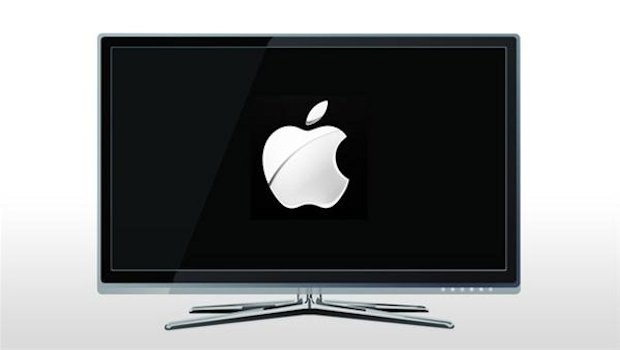Welcome to Critically Sane’s Question of the Week, where we do our best to answer an inquiry posed to us by the community. Have your own question? Tweet it to us @criticallysane or put it in the comments below!
If Nintendo left the console market and focused on software/handhelds, would that open up the door for a third competitor? Why or why not? If so, then who would be able to step up to that plate?
Poor Nintendo. No matter how much success they have, the question of them potentially leaving the home console market behind always follows them around. To be fair, though, with the worldwide sales of the Wii U being absolutely abysmal to date, this question is more valid now than ever.
Assuming Nintendo were to just cut their losses and leave the home console market, history has shown us that their departure would certainly entice someone to make a go of it. After all, Sony and Microsoft have both proven that upstarts in the industry can make a significant impact when everything comes together properly. But who? Three companies with a history of innovation come instantly to mind.
The first, and most obvious, is Valve. The company behind Half Life and digital PC game megastore, Steam, has long been rumored to be working on a Steambox. Theoretically eliminating the need for pricey PC gaming rigs, the Steambox would bring the PC gaming experience to the masses as a set-top box. Valve as a developer holds the keys to some of the most beloved franchises in all of gaming, and its work with free-to-play games like Team Fortress 2 and DotA 2 has been nothing short of impressive. Couple all that with a gaming library that dwarfs that of its console brethren, the Steambox could enter the market with an unprecedented level of software support. More than anything, games sell systems.
The second potential challenger is Apple. Like Valve, Apple has long been rumored to be entering the gaming market via a new set-top device. Apple has a history of making quality hardware and its App Store has arguably done more to change the gaming industry than anything else in the last ten years. Yet, the home console space is entirely different from the mobile space (just ask Ouya), and it would take big name third party franchises like Call of Duty, Madden, Assassin’s Creed and more to appear on their machine for it to be successful. If they could get that big name support though, I have little doubt that Apple would enter the gaming market and thrive.
The final potential challenger is Amazon. A year ago Amazon would not have been on my list of potential companies that could make a successful run at the home console market. Yet, after a year of watching them evolve from my favorite online storefront to my go-to destination for nearly all my digital content, I can see that possibility quite clearly now. The success of the Kindle brand has proven that Amazon can sell its own hardware. The Kindle Fire HD is a fantastic piece of tech at an affordable price point. Much like with Apple, their success in this market is entirely reliant on getting publisher support for big titles. Unlike Apple, however, their app store for the Kindle Fire hasn’t exactly lit the world on fire. But their success in other areas, particularly instant streaming and cloud storage, make them a viable competitor.
The funny thing about this entire conversation is that Nintendo isn’t going anywhere. Still, these three may very well jump into the console competition anyway. That is going to make a marketplace that is already cannibalizing itself in some respects even more caustic.

